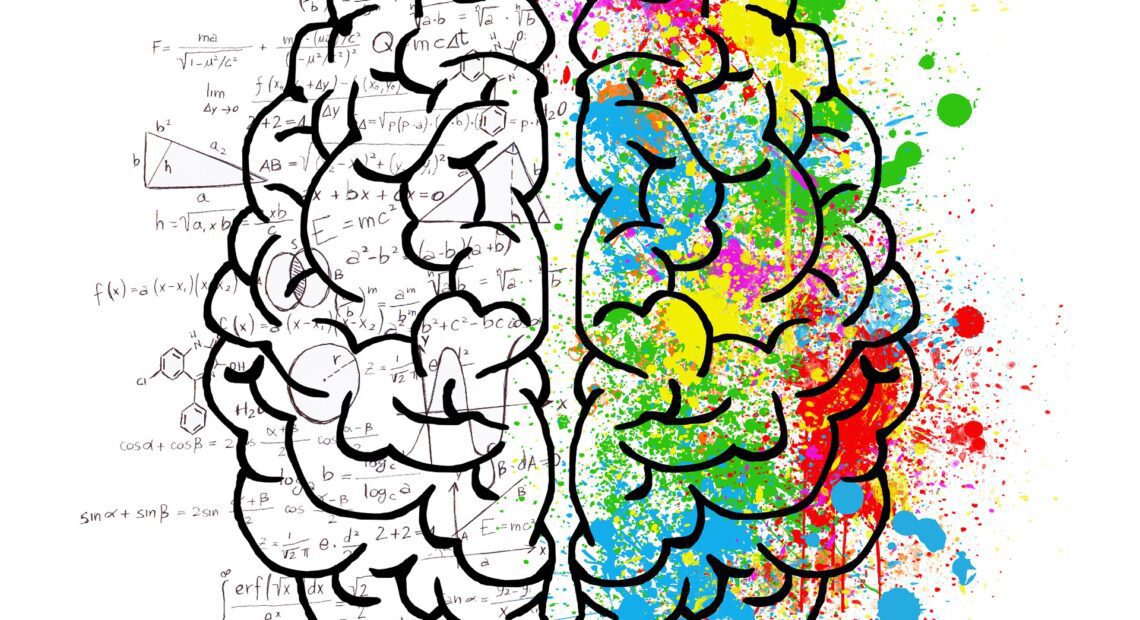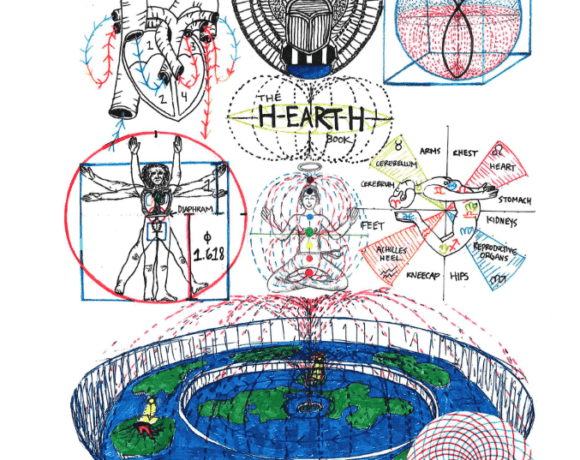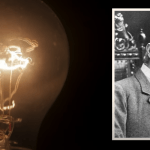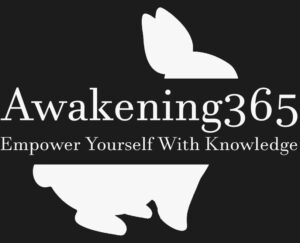The Empty Vessel Dilemma
“Empty minds make the most noise” is a phrase that highlights the tendency of those with limited knowledge or understanding of a subject to be more vocal and confident in expressing their opinions. Such individuals often dominate conversations, using their assertiveness and charisma to compensate for a lack of substance in their arguments. This phenomenon, often referred to as the empty vessel dilemma, can lead to miscommunication, conflict, and a lack of productive dialogue.
The Value of Listening
On the other hand, wise individuals understand the importance of listening and remaining open to different perspectives. By staying quiet and attentive, they are able to absorb information and gain a deeper understanding of various subjects. This enables them to make more informed decisions and contribute meaningfully to discussions. In this section, we’ll explore the benefits of active listening and why it’s an essential skill for personal growth and effective communication.
Developing Active Listening Skills
Active listening is a skill that involves fully engaging with the speaker and being present in the conversation. This means giving your undivided attention, avoiding interruptions, and asking clarifying questions to ensure comprehension. Developing active listening skills can help you build stronger relationships, resolve conflicts, and foster a more inclusive environment. Here, we’ll discuss strategies for cultivating active listening habits and improving your ability to communicate effectively.
Overcoming the Fear of Silence
Many people struggle with the fear of silence and feel the need to fill gaps in conversation with their own thoughts and opinions. This can lead to a lack of genuine understanding and hinder productive dialogue. In this section, we’ll delve into the reasons behind this fear and explore techniques for overcoming it, allowing you to embrace silence and become a more effective listener.
The Impact of Emotional Intelligence
Emotional intelligence plays a significant role in the ability to listen effectively and navigate social situations with grace. By developing emotional intelligence, individuals can better understand their own emotions as well as those of others, leading to improved communication and stronger relationships. This section will outline the key components of emotional intelligence and provide tips for enhancing this vital skill.
Cultivating Humility and Openness
Humility and openness are essential qualities for effective listening and communication. By recognizing the limits of our own knowledge and being receptive to new ideas, we can foster a more inclusive and understanding environment. In this part of the article, we’ll discuss the importance of cultivating humility and openness and provide practical suggestions for developing these traits.
Conclusion: Embracing the Power of Listening
Embracing the power of listening allows individuals to gain wisdom, deepen their understanding of the world, and contribute meaningfully to conversations. By developing active listening skills, overcoming the fear of silence, and cultivating emotional intelligence, humility, and openness, we can transform the way we communicate and interact with others. Remember, silent wisdom often speaks louder than empty words.






















